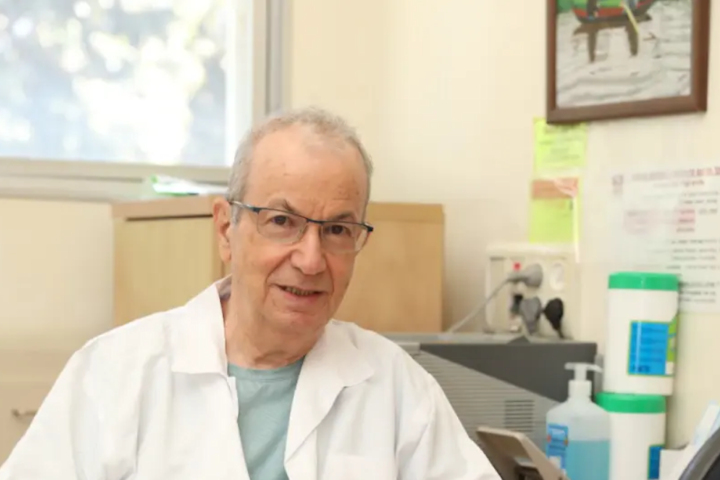Scientists from Haifa’s Rambam Health Care Campus, Technion-Israel Institute of Technology, and their European colleagues have found a way to rejuvenate human skin and other organs.
 Professor Amos Gilhar – one of the study’s leading researchers. Photo Credit: Rambam HCC.
Professor Amos Gilhar – one of the study’s leading researchers. Photo Credit: Rambam HCC.
After two decades of research a study titled “Human organ rejuvenation by VEGF-A: Lessons from the skin” conducted by Dr. Aviad Keren, Dr. Yaniv Keren, Professor Yehuda Ullman, Professor Amos Gilhar of both Haifa institutions, Dr. Marta Bertolini of the Monasterium Laboratory in Germany, and Dr. Ralf Paus of the University of Manchester, was recently published in the prestigious journal Science Advances by the American Association for the Advancement of Science.
The obsession to retain a youthful appearance and defy old age is a multi-million-dollar industry; anti-aging creams, botox (bovine toxin) injections, dermal peels, and a long list of other cosmetic treatments and surgical procedures are some of the available options today.
The study proved that the aging of human skin could be reversed when transplanted on young mice through all layers of the human skin. The researchers used an old skin graft on mice, and proved it possible to make the skin graft young again through a change in the molecular structure. This groundbreaking animal study could lay the groundwork for potential future options.
For Further Reading
Article that appeared in the Jerusalem Post
The original study: Keren A, Bertolini M, Keren Y, Ullmann Y, Paus R, Gilhar A. Human organ rejuvenation by VEGF-A: Lessons from the skin. Science Advances 2022;8(25). DOI: 10.1126/sciadv.abm6756

